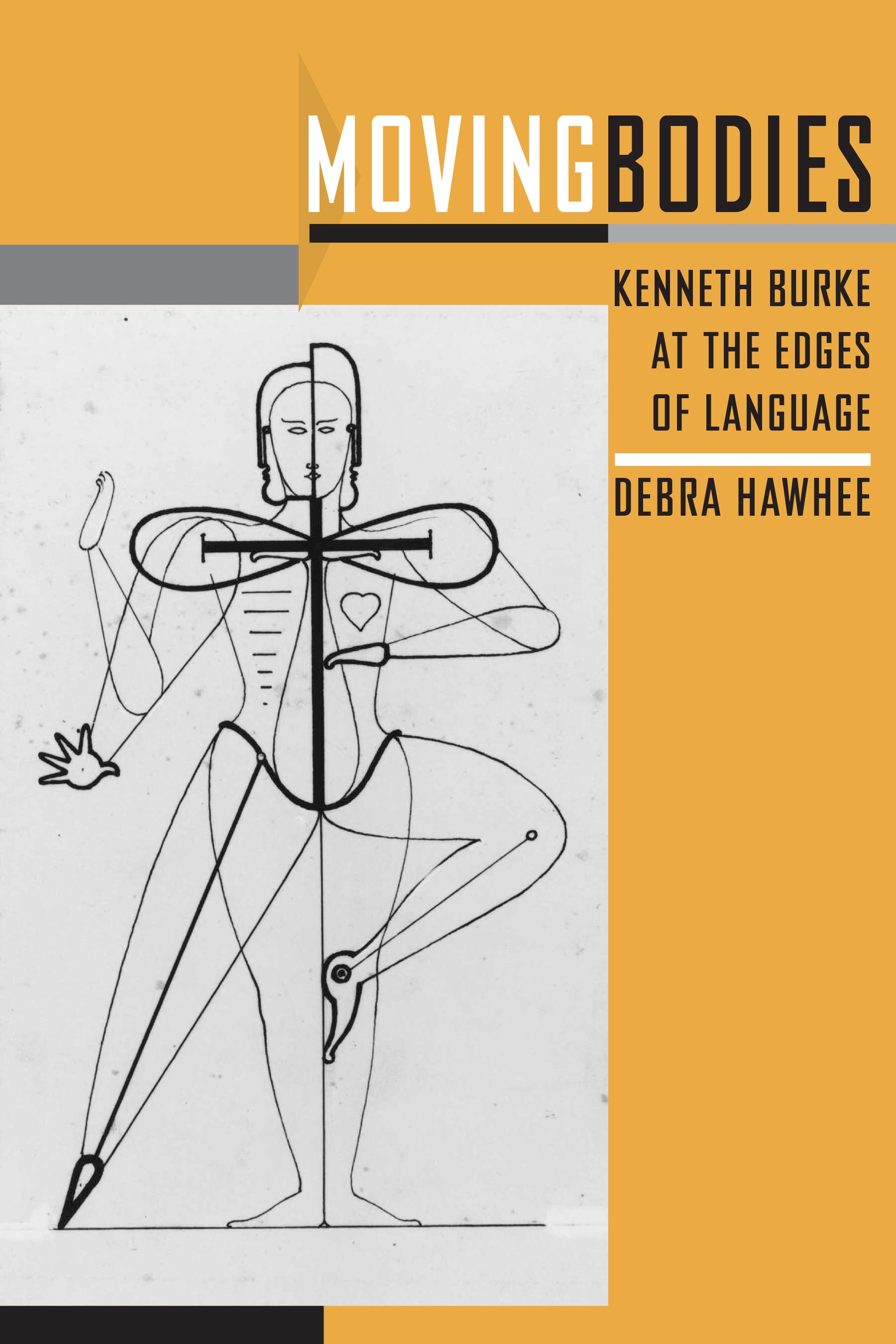Black History Month Sale: 40% off all books, plus FREE SHIPPING on all U.S. orders over $50 | Use code JBHM26

Size: 6 x 9
Pages: 232
Illustrations:
Debra Hawhee
The inclusion of this book in the Open Carolina collection is made possible by the generous funding of
"Praise to this significant critical addition to the literature on Burke and to its depth of understanding of the divergent philosophical foundations of rhetoric. Highly recommended."—Choice
"Hawhee is one of the most significant scholars of rhetoric today, and Burke is one of the most significant in history. Body studies is not new; yet, it remains one of the most compelling transdisciplinary approaches to examining nature, culture, communication, belief, vulnerability, and pleasure. The type of body biography Hawhee performs in Moving Bodies signals a worthwhile trend—one that continues to teach us what we miss when we rigidly compartmentalize bodies and minds, theory and practice, affect and politics, individual health and collective attitudes, people and ecology, and the sciences and the humanities. This book will move you."—Phaedra C. Pezzullo, Indiana University, and author of Toxic Tourism: Rhetorics of Travel, Pollution, and Environmental Justice
Winner of the Diamond Anniversary Award of the National Communication Association
Copyright 2026
Website By Morweb.org